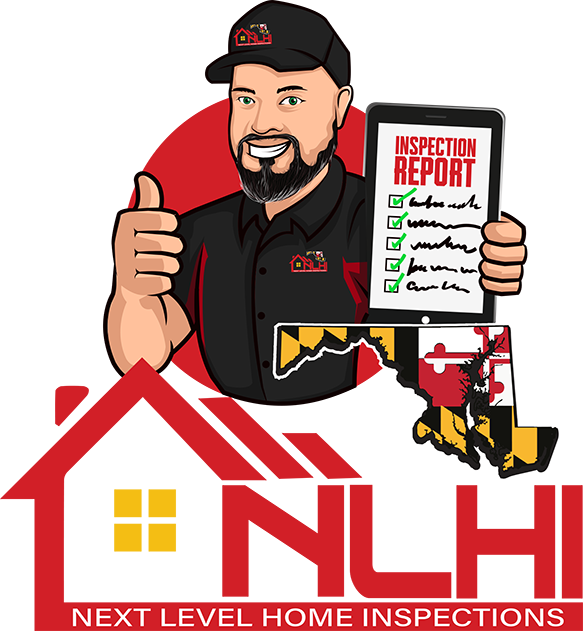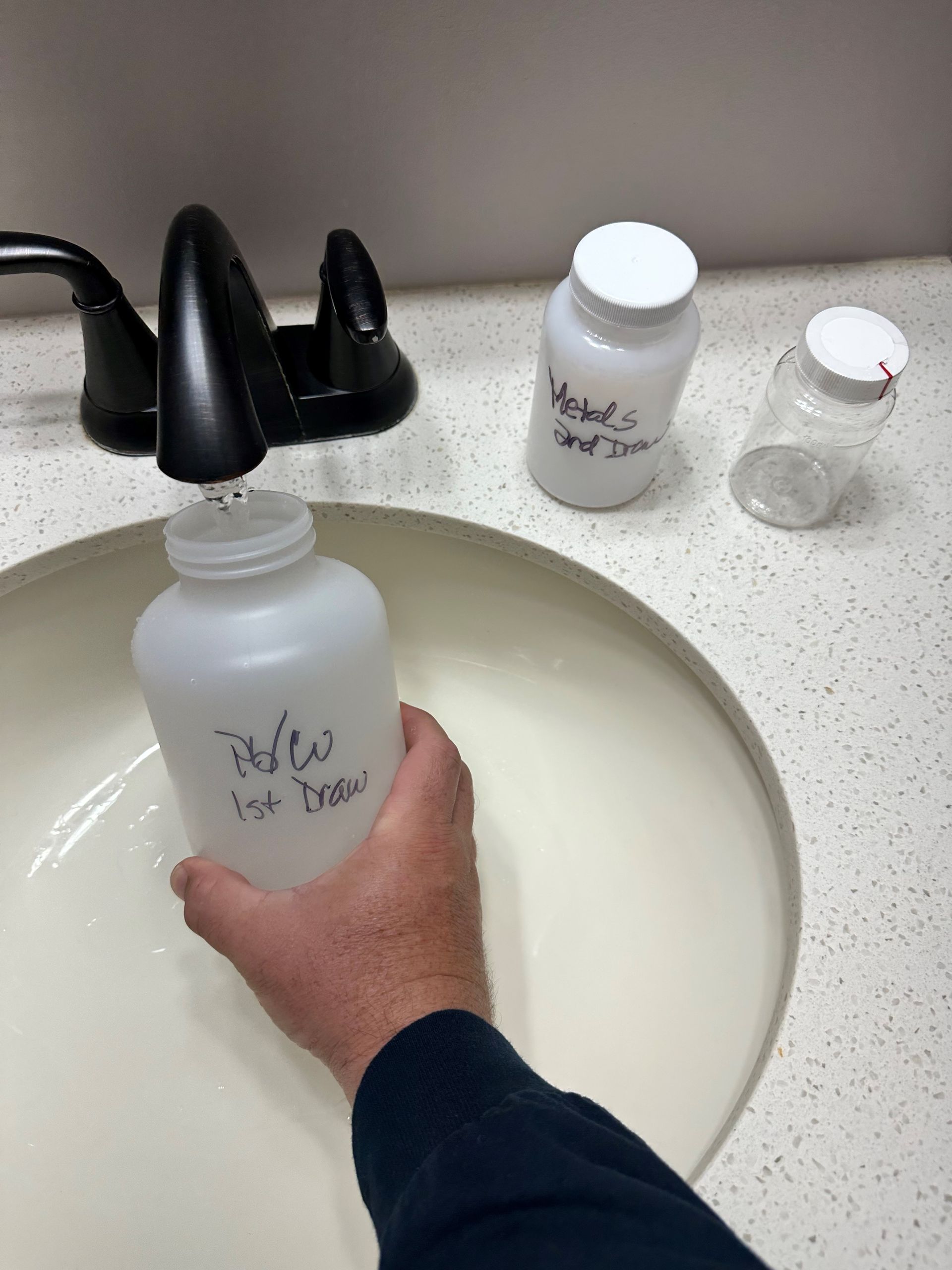Water Quality Testing
Water Quality Testing Services in Maryland
The procedure of evaluating the quality of water from a privately owned well is known as private well water testing. Government organizations regularly test and regulate public water supplies, but private wells are not held to the same standards. This implies that it is the well owner's duty to ensure the safety and absence of impurities in the water that is being used.
Why is testing the water in private wells important?
Private well water testing is crucial for many reasons. First off, unlike public water systems, which can help remove germs and other dangerous toxins, well water is not treated with chlorine or other chemicals. This indicates that well water is more prone to bacterial, viral, and chemical contamination from diverse sources.
Second, a variety of sources can introduce toxins into well water. For instance, sewage might seep into the groundwater and contaminate the well water if the well is next to a septic system. Similar to this, chemical spills or agricultural runoff can impact the quality of well water. Older wells might also be more prone to pollution because of how they were built or where they are.
Finally, drinking tainted well water might have detrimental impacts on your health. While pollutants like lead, arsenic, and pesticides can have long-term health repercussions, including cancer and developmental problems in children, bacteria like E. coli and Salmonella can cause gastrointestinal illness.
What pollutants ought to be examined?
Private well location, age, and potential pollution sources in the neighborhood are just a few of the variables that will affect the toxins that should be tested for in private well water. However, a number of pollutants, such as the following, are frequently checked for in private well water:
Coliform bacteria and E. coli are gastrointestinal illness-causing bacteria that are signs of fecal contamination.
- Nitrates: Nitrates are frequently found in agricultural areas and can give infants "blue baby syndrome" or methemoglobinemia.
- Lead: Lead, which can cause developmental problems in children, can seep into water from ancient pipes.
- Arsenic:
In some regions, well water contains arsenic, a naturally occurring substance. It has been associated with a higher risk of cancer.
- Pesticides: Due to agricultural runoff, pesticides can infiltrate groundwater and have long-term consequences on human health.
How is testing of private well water done?
Testing private well water can be done in a number of ways, including with self-testing kits, in a lab, and on-site by a qualified expert. Many hardware stores sell self-testing kits that can be used to check for common pollutants like bacteria and nitrates. They might not be as precise as laboratory tests, though, and they might not screen for all potential pollutants.
A water sample from the well is taken for laboratory testing, and it is then sent to a licensed facility for examination. The lab will examine the water for a number of impurities and issue a report on its quality. This technique can offer a more thorough analysis of the water and is often more accurate than self-testing kits.
A licensed expert conducting on-site testing will take a sample of water from the well and test it using specialized machinery. Although this procedure can offer rapid findings and is frequently more accurate than self-testing kits, it is typically more expensive than laboratory testing.
How often should the water from private wells be tested?
The location, age, and potential sources of contamination in the immediate vicinity will all have an impact on how frequently private wells are tested for contaminants. Nevertheless, the Environmental Protection Agency (EPA) advises testing private well water for germs and nitrates at least once a year. In addition, well owners should think about conducting additional tests for toxins based on the likely sources of contamination in the neighborhood.
Next Level Home Inspections is a family owned and operated business capable of providing full home inspections in Maryland that include radon and water testing as well as drone and thermal imaging.
NAVIGATION
Next Level Home Inspections is a family owned and operated business capable of providing full home inspections in Maryland that include radon and water testing as well as drone and thermal imaging.
NAVIGATION
LOCATION

